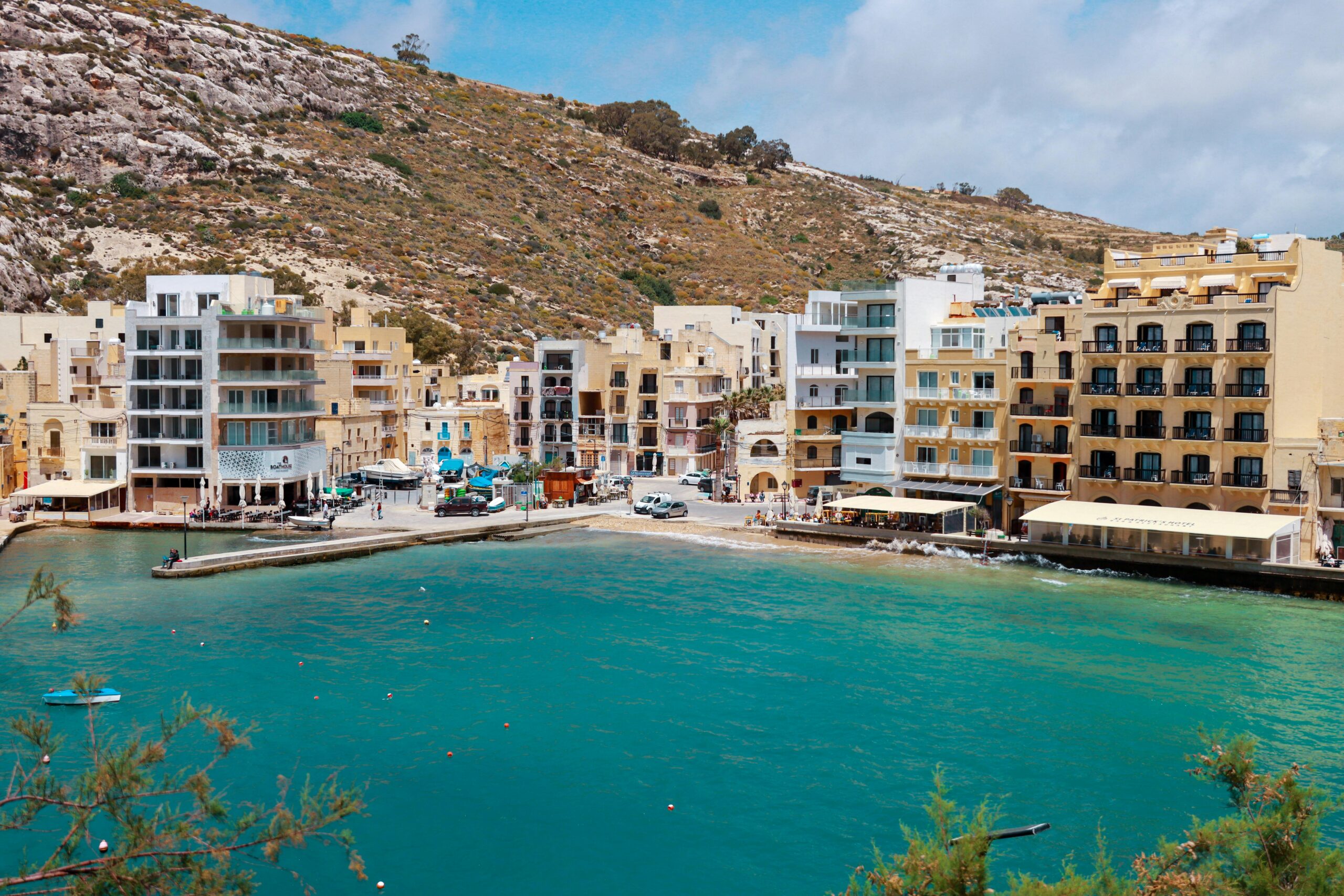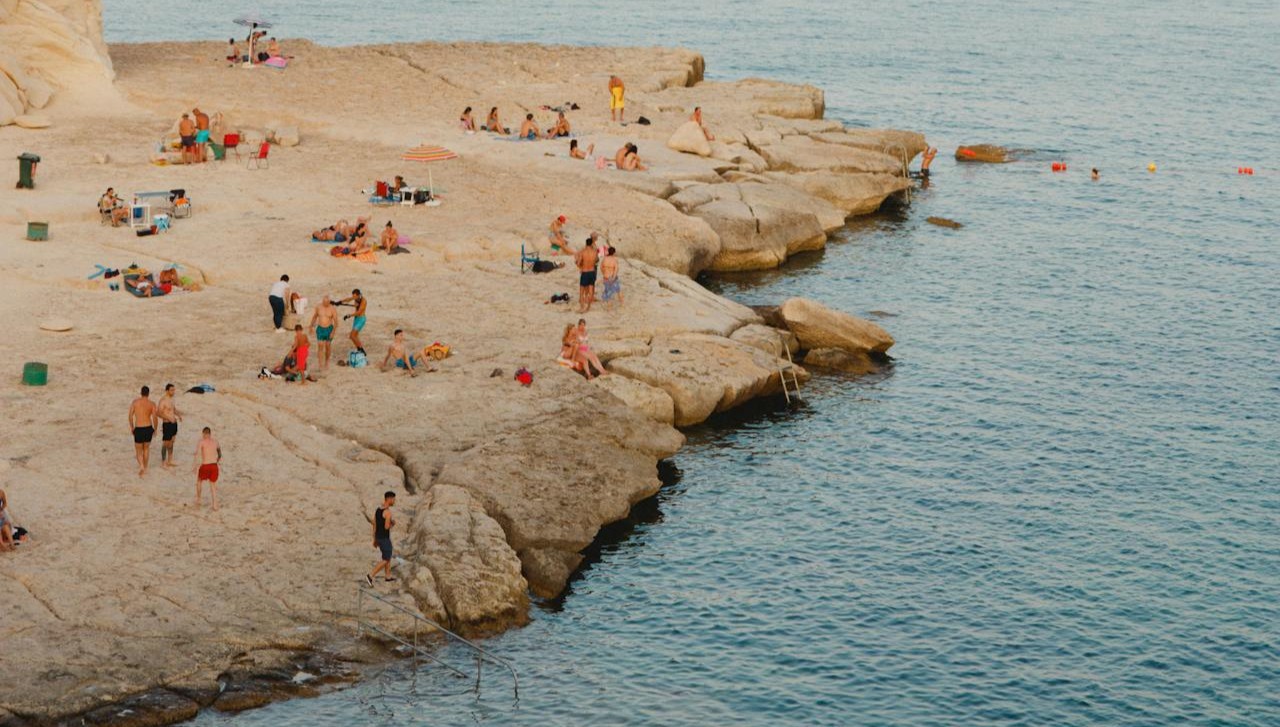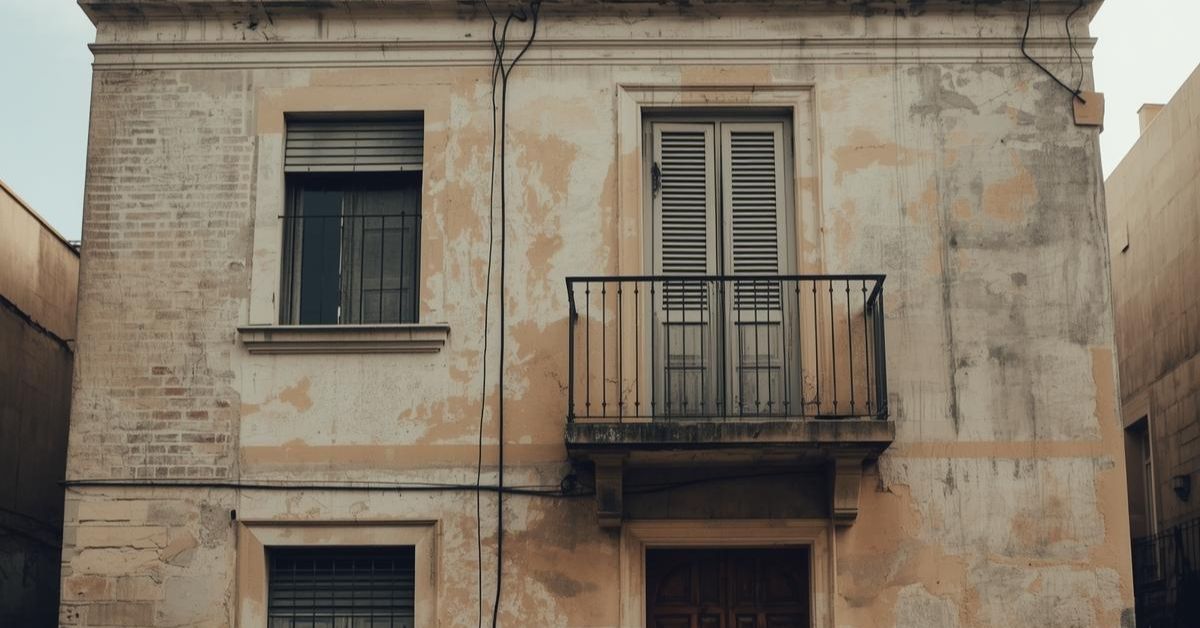The Kamra Tal-Periti has reiterated its call for a National Architecture Policy for Malta.
On the occasion of World Architecture Day 2025, the Kamra Tal-Periti stressed its “long-standing call” for the Government to partner with it to develop a holistic national framework.
It is especially pertinent with this year’s theme, “Design For Strength”, which called on architects to embrace approaches that enable the built environment to withstand, adapt, and regenerate while promoting equity, continuity, and resilience.
Malta, it said, is one of only two European countries without such a framework. This policy would establish a national vision for architecture, urban design, and placemaking rooted in quality, sustainability, and cultural identity.
“At a time when Malta’s planning system has once again become the subject of public controversy, this theme resonates profoundly,” the Chamber added.
“The recent debates surrounding the Government’s proposed planning law reforms have reignited public frustration over overdevelopment, the erosion of environmental quality, and the growing disconnection between planning policy and public wellbeing. Amid the polarisation between developers and environmental activists, architecture – the very discipline that shapes the spaces we live in – has been completely sidelined.”
The recently proposed law reforms – engendered in Bill 143 and 144 – look to introduce sweeping reforms to planning rules in Malta.
One of the more controversial aspects lies in the re-opening of regularisation schemes for illegal developments. The Government, while insisting it is not an amnesty, is proposing a four-year window for owners of illegal buildings – including those in Outside Development Zones (ODZ) – to pay a fine and apply for full planning permission.
The proposed reforms sparked a national protest over the weekend and condemnations by several national stakeholders, including lawyer Claire Bonello who called them “brutal and reckless”.
However, even amid this important national debate, the Kamra Tal-Periti said architects have been left out of the debate that will shape their profession for years to come.
“For decades, Malta has been burdened with a planning system designed to legalise architecture rather than enable it. A system that seeks to codify design into rules and formulas, believing that good architecture can be legislated into existence. It cannot,” the KTP stressed.
Laws, it says, are important for clarity to defend or contest permits, but does little to support architects in several aspects.
“While legal certainty is essential for regulating processes, it is anathema to the creative and contextual nature of architecture. Laws may provide clarity for lawyers defending or contesting permits, but they do little to support architects striving to create spaces that uplift communities, respect context, and enhance the environment. The evidence of this failure is visible in every corner of our towns and landscapes.”
“To ‘Design for Strength’ in Malta, we must first design for integrity – of our profession, our institutions, and our public spaces. True resilience in the built environment requires a vision that transcends short-term interests and procedural certainty. It requires a commitment to architecture as a cultural, social, and environmental act.”
MHRA backs proposal for on-the-spot fines targeting short-term visitors
'Malta is welcoming, but respect for its laws and residents is non-negotiable'
Protecting what matters: Citadel Insurance’s journey to leadership
Over time, the company has expanded its range to include a full suite of insurance products
Housing Authority doubles vacant dwelling restoration grant to €50,000
Eligibility criteria also widened to include properties built 20 years ago






